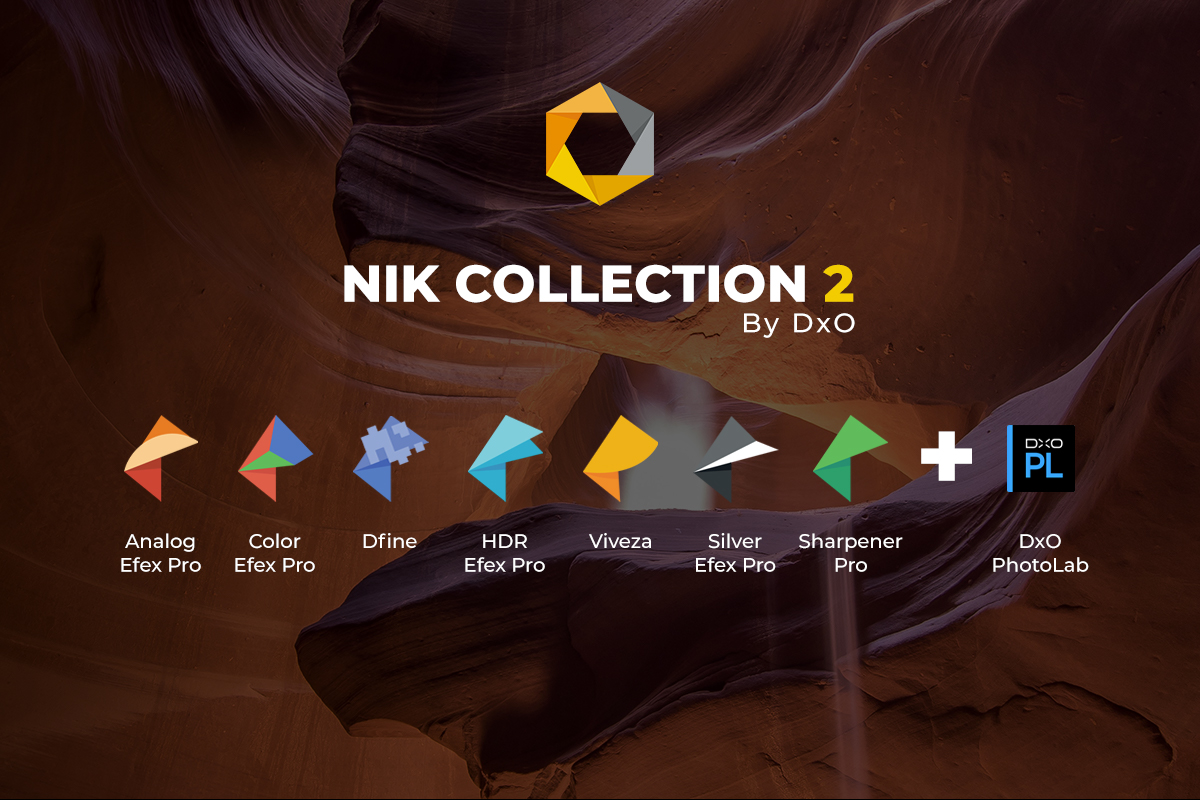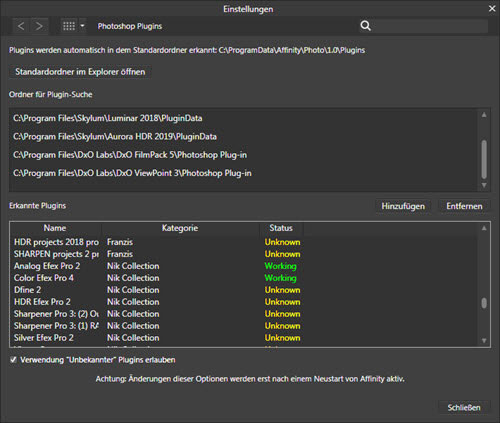

However, I felt that Photomatix was easier, overall, to get the results I wanted. I have no doubt that more practice would make me much more skillful in using either product, Then, I started over in an attempt to produce a photo I liked. I wanted to get a feel for the process,and a feel for the places in the process where the sort of changes I wanted to make made the most sense. My first pass was to create an HDR image without regard to the output. What I did with both products was a 2 step process. Ideally, I would get my test image from each tool to look as closely as possible to each other. My goal in the test was to produce as natural a composite image as possible.

It was not meant to be a definitive and exhaustive 'shootout' between the two.

I consider what I did in that article was to compare the two products from the perspective of a 'newbie'. As I said in my article, I was/am a newbie at HDR photography and my level of expertise was roughly at the same level for both products. But I don't know, what you did in HDR Efex. In your example Photomatix clearly won the competition. Maybe your testimage had the potential to show the weaknesses of HDR Efex. But if you get used to it, the results are getting better. HDR Efex creates not very natural looking images.


 0 kommentar(er)
0 kommentar(er)
